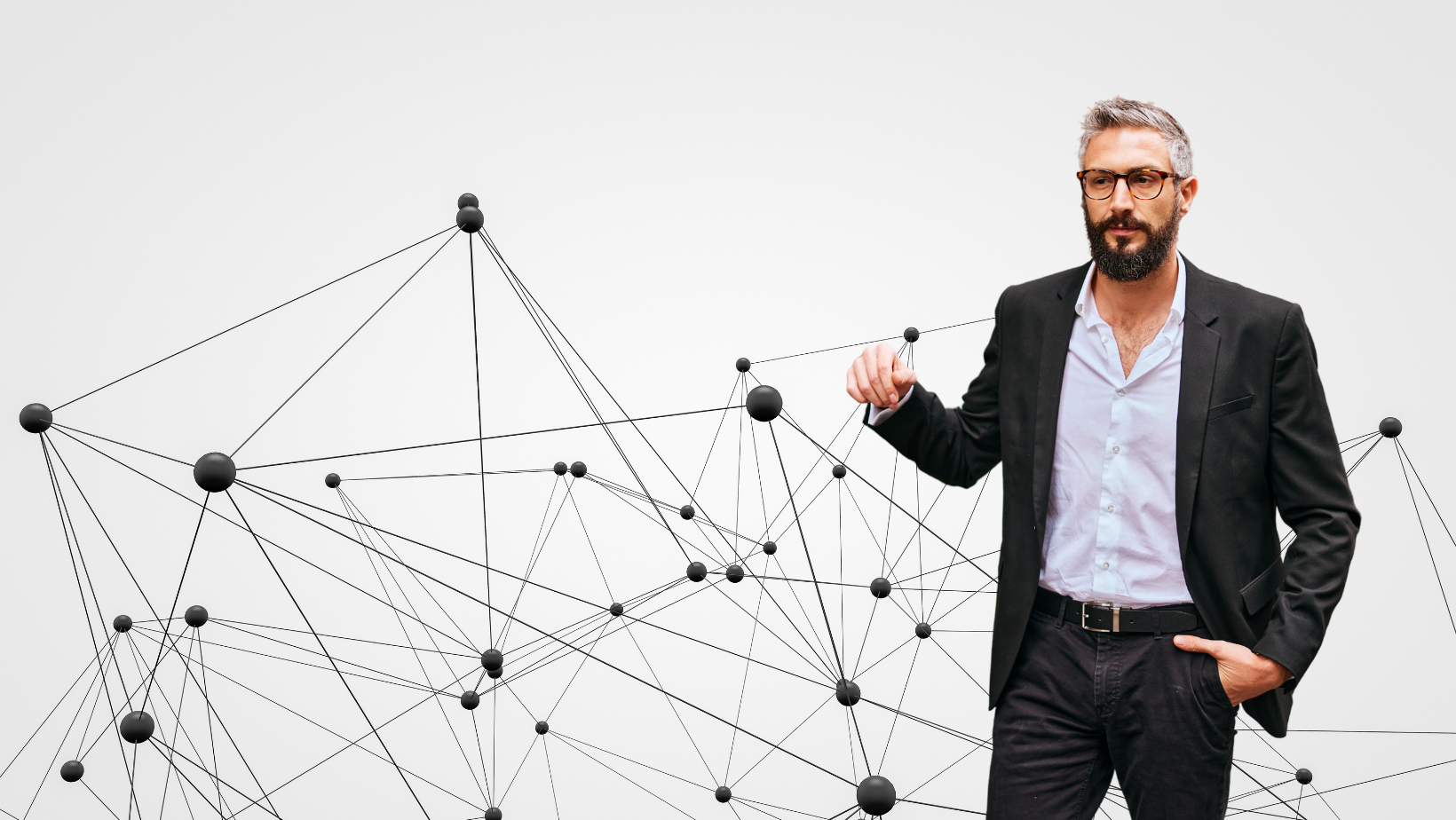
Blockchain, a word that inspires fear and doubt, mostly because of the general feeling associated with this word. “Blockchain is something difficult to understand”. Let’s try to explain or at least I’d like to share my thoughts of what it is and why this disruptive tool can be the leading technology of the future, with the potential to change almost every aspect of our society (for the better). Let’s dive in, because to understand how Blockchain will change the world, we first need to understand how it works.
Society for the way we know it, is filled with trust issues and has huge problems with transparency. Let’s make some examples. Have you ever bought a piece of salmon that is labeled as a product that has followed a sustainable fishing process? How can you trust or believe that information? If you make a donation to a Charity Group, as a donor you would like to know how your funds have been distributed along the way. Process that sometime becomes impossible to follow, because of the lack of structures able to maintain transparency and accountability.
So, we are back to the concept that there is a general trust issue in the information that we receive and that is provided to us. To make sure that the salmon you bought really went through a specific process, or that your donation has arrived in the right hands, what is needed is a system able to save information, with a strong security, enabled by many witnesses that will ensure that nobody is cheating.
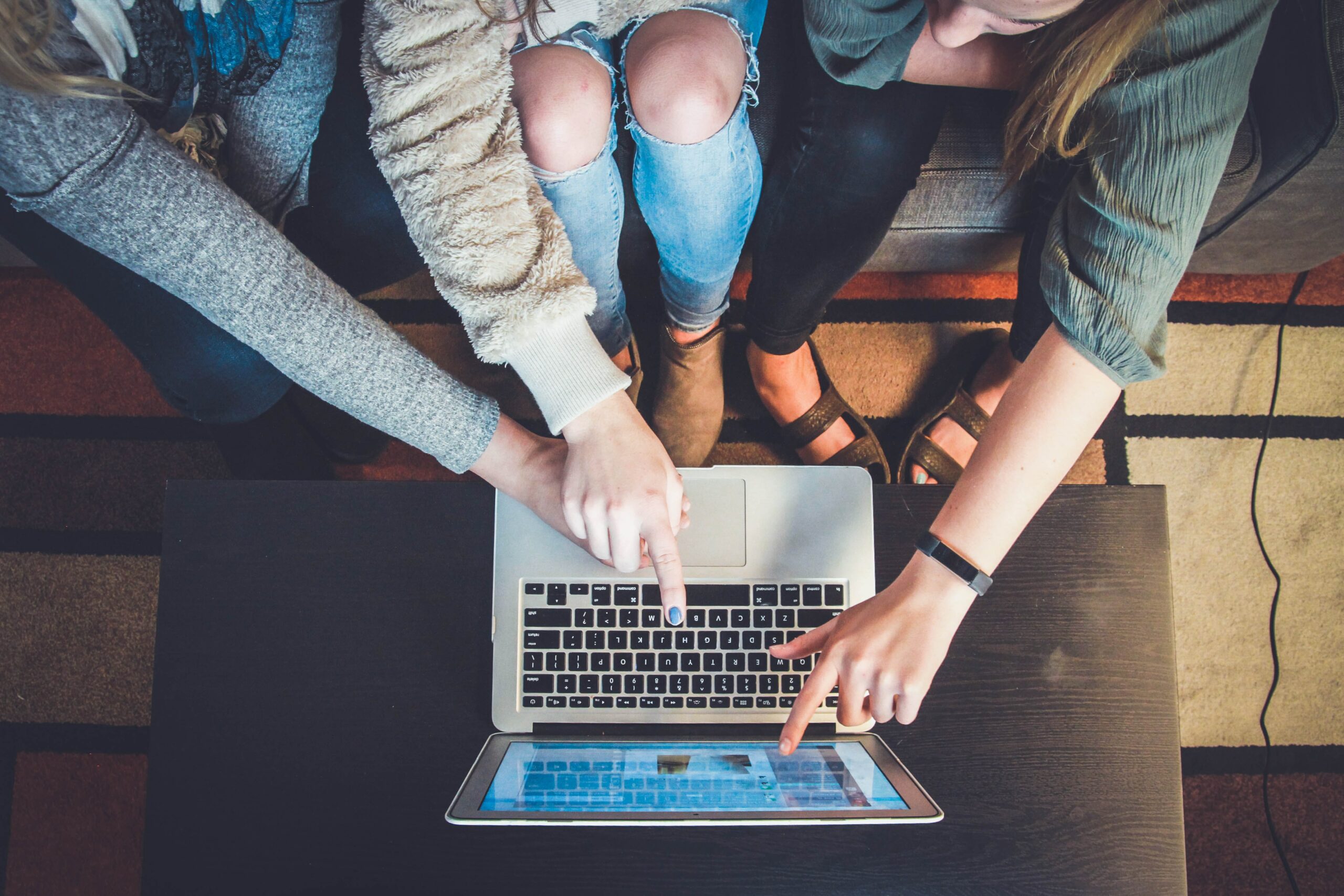
Blockchain is the solution. It is not owned by any “central” authority (company or representative). You have to imagine this technology as an enormous DataBase, that is handled by a network of distributed computers that are all working together to make sure that every information transcribed in it is validated, stored and encrypted, with the certainty that nobody can tamper/corrupt/modify any information written in the Blockchain.
Because of its intrinsic properties of being a network: decentralized, Peer-2-Peer and distributed, it is not possible to take advantage of it or take it down. All this makes us understand that there is no need for any central authority, the Blockchain is the authority.
To go a little bit more in technical details, imagine that every information when is uploaded on the Blockchain is added into blocks (hence the name), when these are completed (in terms of dimensions), the distributed computers network verify that all the data are ok (verification happens by using math equations, and this operation is called “mining”).
All these computer validators, “Miners”, are not working for free and they do not validate the transaction for a sense of duty. Blockchain rewards Miners for their work by compensating them with its own crypto currency (i.e Bitcoin blockchain rewards in Bitcoin; Ethereum BlockChain rewards in Ether).
Once verified, the new Blocks are added to the previous Blocks already in the chain. Creating in this way a Mechanism (called Consensus), where information is examined through every single computer of the network, making sure that the chronological order and the data itself has not been tampered. Blockchain is a digital, decentralized, peer-to-peer, open distributed ledger.
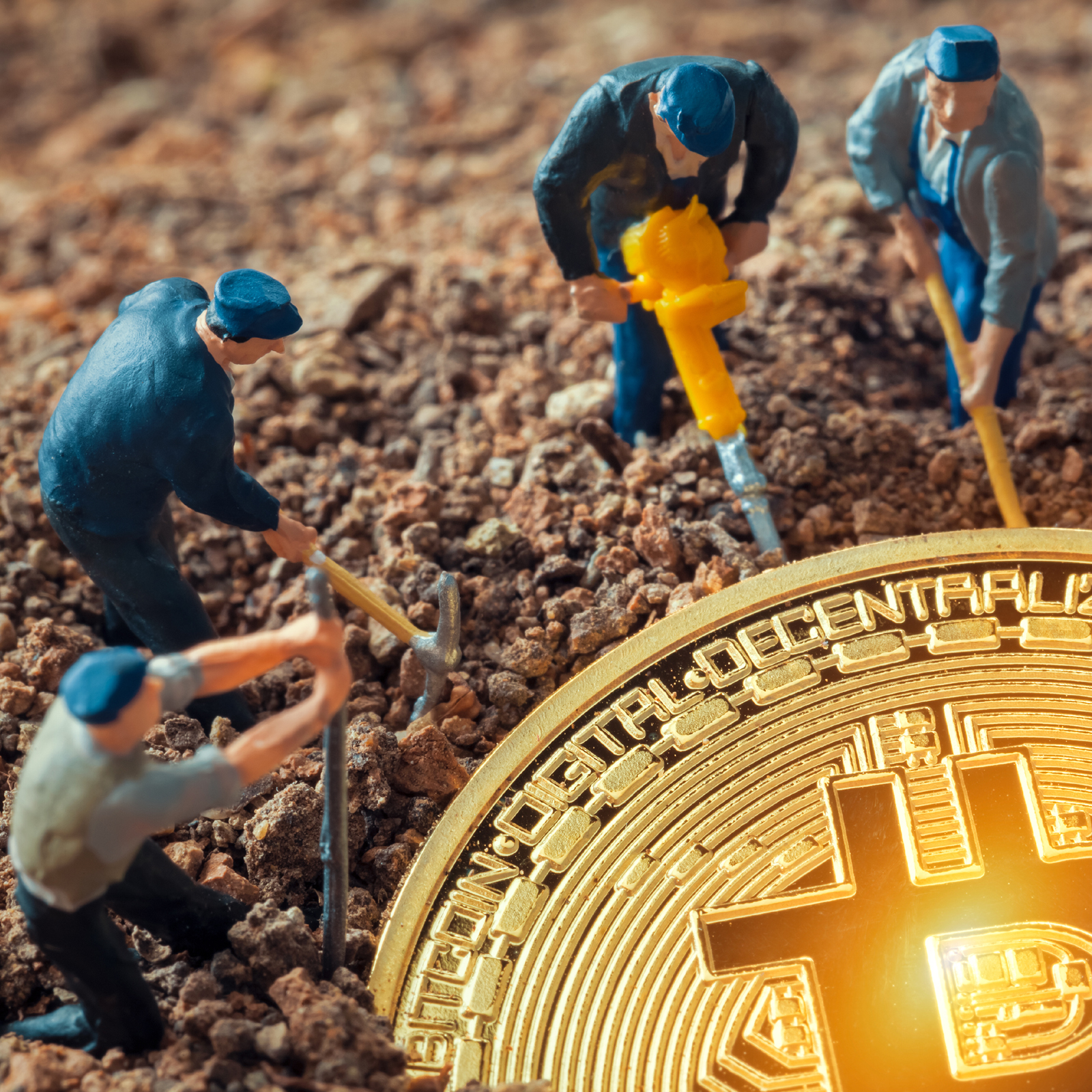
What can be accomplished with Blockchain, is really a lot. Most enthusiasts predict that it can eliminate poverty, ensure more stabilization in governments and give balance to the world. When we think of the world, we have to realize that it is profoundly divided, between those countries where most (but not all) have access to financial services, and countries where only a very tiny percentage of the population has access. Especially for countries that are still in a developing phase, it is possible to imagine how having access to virtual currencies might be the only way for them to store and transfer wealth. Below are some examples of how Blockchain can change society from the way we know it, influencing almost everything that governs our life.
Internet of Things (IoT)
Every device that can be embedded with software, sensors and network connectivity, can be controlled remotely, used for collecting information and statistics, or even to perform specific tasks when enabled. The main problem that the Internet of Things is experiencing is the issue that because these devices are controlled by a central network, hackers can easily take control and user’s security is not guaranteed. Blockchain is able to decentralize all the information addressing in this way the security concern, allowing the IoT to increase its capability.
Government
It is well known that one of the main issues of any government are mainly corrupt politicians that do not work for the interest of people and those that operate a terrible management of taxpayer money. The Organisation for Economic Co-Operation and Development (OECD) is affirming that a quarter of circulating global funds are lost due to government corruption. And to this, we need to add all those funds that are misallocated, wasted or not used in the right way. We are talking of Trillions that could be used differently and that instead are lost and not being used at all to improve our society.
Blockchain can make it better in many ways. First, it could reduce bureaucracy, timing and operation. Due to its intrinsic properties, it can easily increase the level of security, performances, accountability and transparency. This will mean that for example citizens can oversee government spending Data Records.
Another example can be to use Blockchain for verifying and counting votes, meaning no more problems related to not counting right or to possible electoral frauds. As said before every record present in the BlockChain is immutable, and if we are imagining a society that is already using this technology, every citizen will be embedded in it through a unique identifier, guaranteeing in this way transparency to the all process.
Blockchain will verify the voter’s identity, making sure that he/she’s not voting more than one time, voting that will be done through mobile or computer, reducing in this way also the cost related to elections and very probably it will also improve the participation of people to vote.
Banking / Payments
Through Blockchain money can be moved in a faster, safer and efficient way. Many banks are already in the process of adopting Blockchain Technology for improving/updating their network and infrastructure. As of December 2021, already 87 countries (90% of Global GDP) are exploring CBDC (Central Bank Digital Currency, is virtual money backed and issued by a central bank). In May 2020 there were only 35 countries. Up to date 9 Nations have already launched a digital currency and 14 are in their pilot stage, getting ready for a full launch.
China has been working on the Digital Yuan starting in 2014. During this 2022 Olympics in Beijing, the country is promoting digital payments with their CBDC for athletes and audiences, so that they will be able to pay for shopping, food, entertainment and moving around different areas.
Supply Chain
The problem of transparency and efficiency, is a big issue also for all the Supply Chain Model. This model has a lot of actors who are involved (i.e. suppliers, manufacturers, logistics), and quite often it is almost impossible to group all the information coming from them, mostly because there doesn’t exist a dedicated network and a proper infrastructure.
In fields like Pharma, Food, Electronic Supplies, it is very important that counterfeiting won’t happen and that every measure is taken to prevent it. Ideally, Materials, Money and Data should move across all the Supply Chain’s steps smoothly.
Imagine how with Blockchain all data (like locations, ownership, related documentation) for materials and products can be collected while moving. Immutability of the stored information gives trust to who verifies and uses the information for logistic and security. It can be foreseen how inefficiencies and bad management in the supply chain can be prevented, cutting cost and associated fees.
As a real life example, DHL and Accenture have launched a prototype able to collect information about drug supplies and prescriptions for the Pharma Industry. The system will involve several points of check from the moment the ingredients are collected in the labs to the moment the product is packaged, moved around the warehouse, shipped, inspected, dispatched to its final destination where it will be confirmed the authenticity. Along the way everybody who is involved in the supply chain, starting from the manufacturers up to pharmacies/doctors/clinics will all be able to access the information and confirm the validity of it.
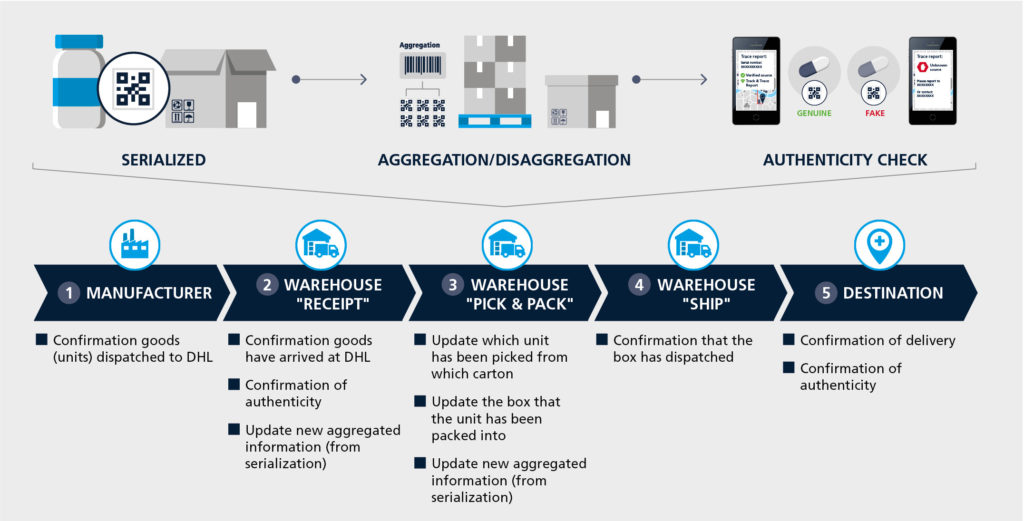
Health Care
Clinical records and medical data in general are still recorded in an old fashioned way or through third parties. This means that it can be difficult to keep track and have records of our medical history, plus we do not have any certainty of how our data are being used. Making it even worse for physicians that cannot have a clear picture during a medical examination.
Blockchain could give us the possibility of storing all the information in one unique environment, accessible to all the parties involved, controlled (of course) by the single person by using a unique private key. Privacy is guaranteed by the encryption provided by the Blockchain.
Need to be mentioned how this will provide a unification of all health providers, data can be exchanged, studies and results shared with the possibilities to be used for research or consultation. These are just examples of the wide range of applications and use that can derive from it.
Real Estate
In this field the problems related to the management of documentation, transaction, bureaucracy can all be addressed with Blockchain. Paperwork, improper storage of the estate data, and much more will be avoided. Transactions will happen digitally and the validity of the trade is made in an effective and efficient way.
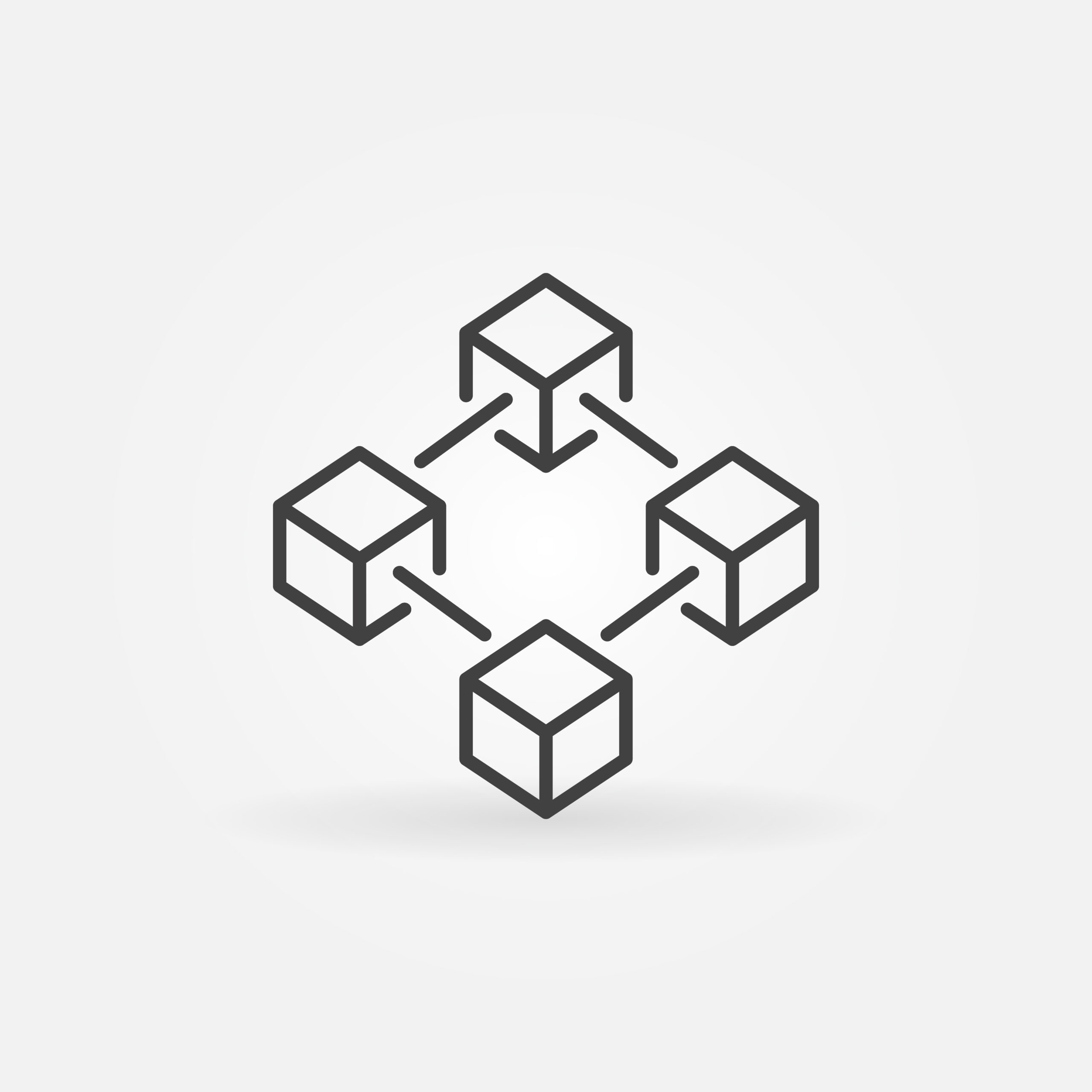
The development of applications and tools that use the capability of the Blockchain is still at its primordial stage. But it is more than clear that Blockchain is here to stay, many will fail along the way, but the possibilities for innovation are endless. It will be amazing to witness how this disruptive technology will create new solutions to old challenges, in ways that we could have not ever imagined.
My personal conclusion is that the potential Blockchain has, can have a tremendous social impact for its usefulness and practicality. The best part of it is that it could really make the world a better place. And just as with everything in life, we won’t know the final destination until we arrive.
The future is bright, ladies and gentlemen, and it’s just around the bend.

